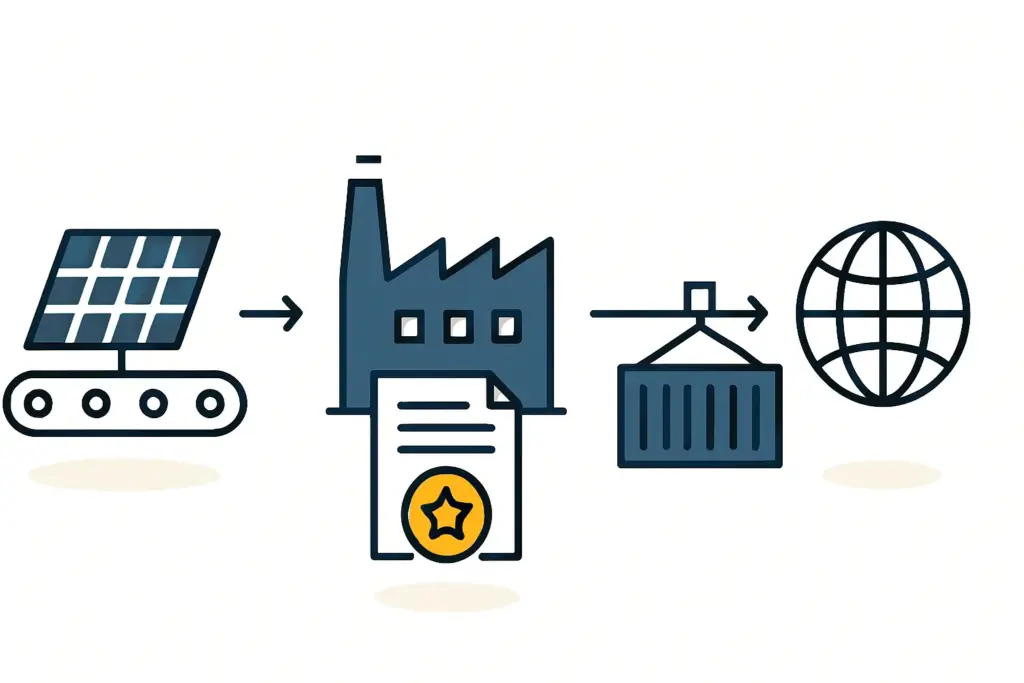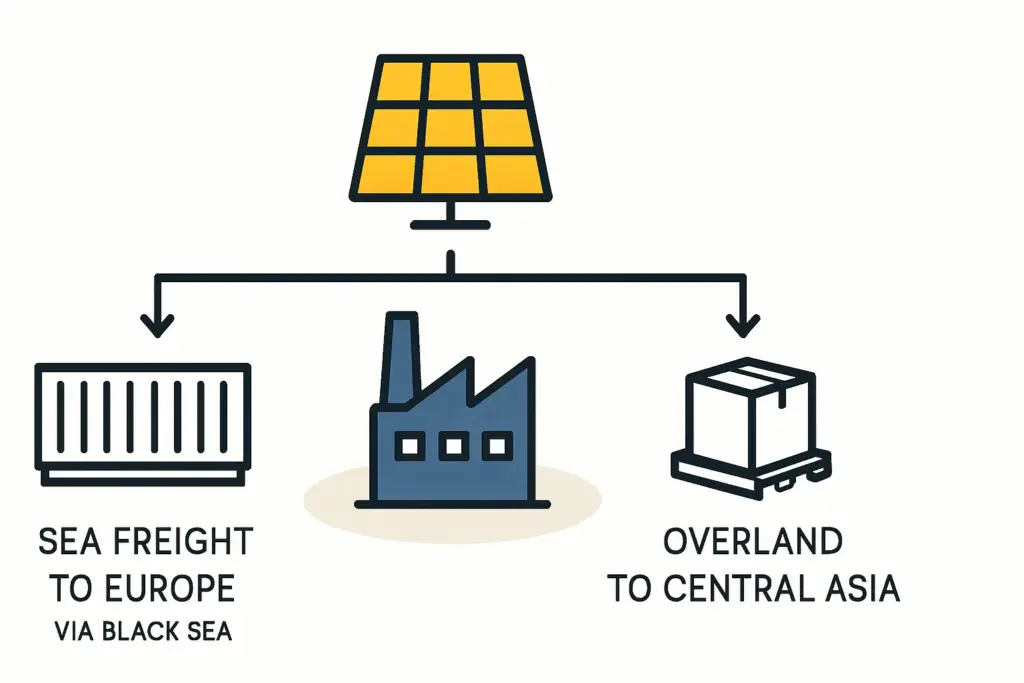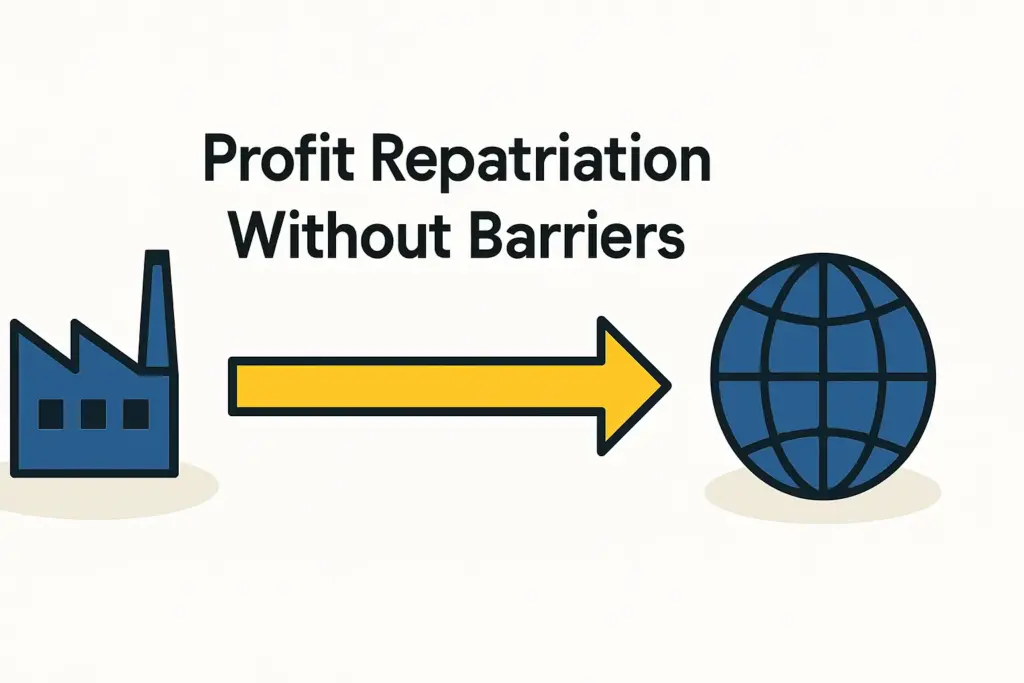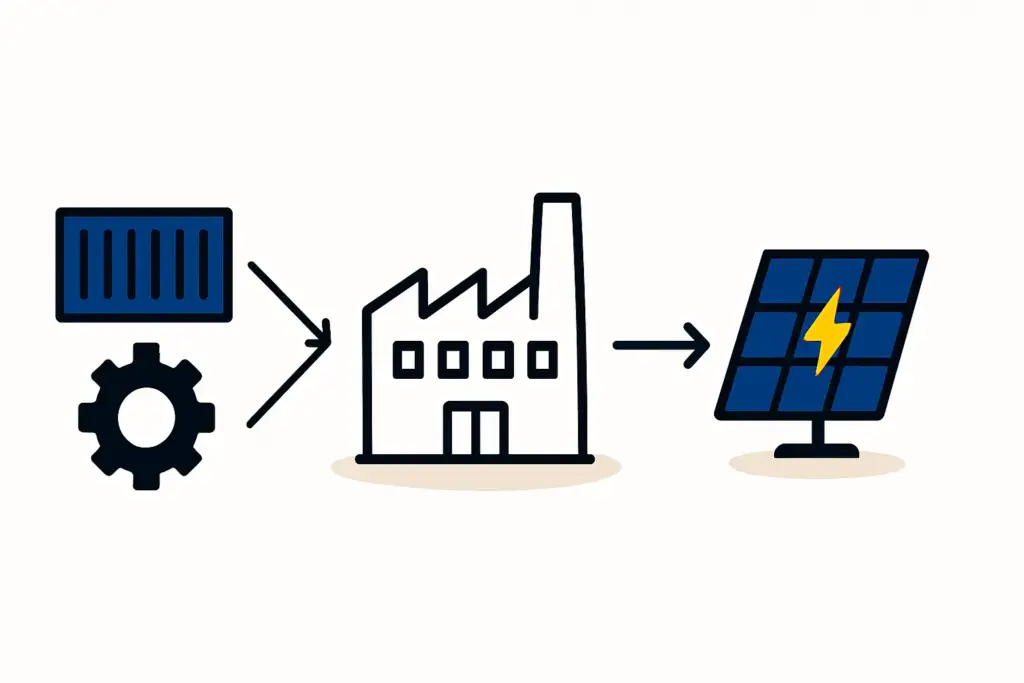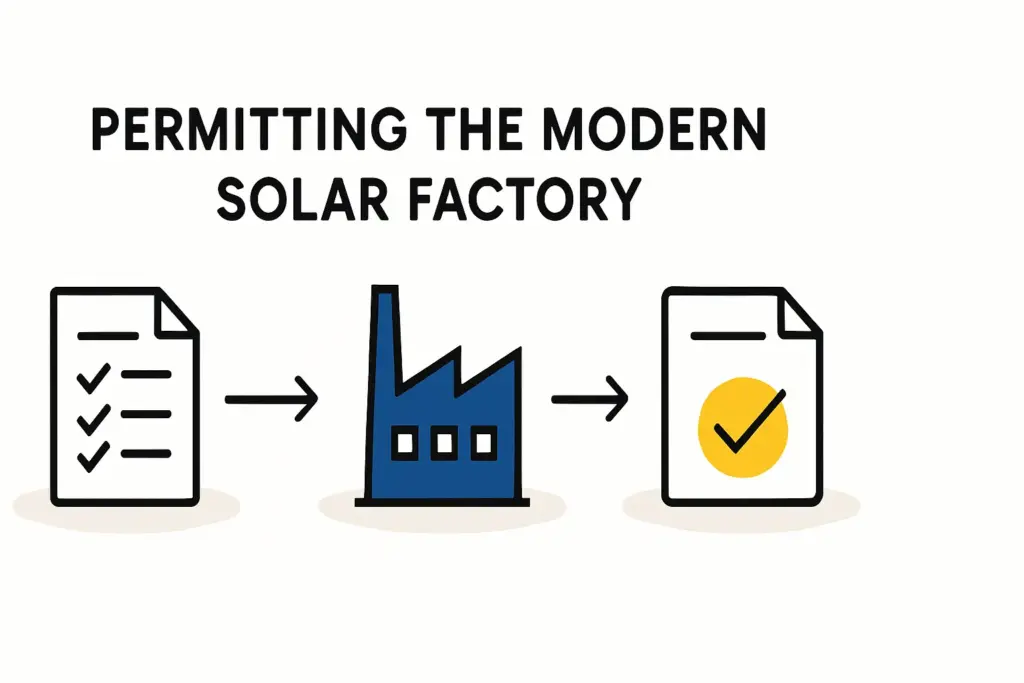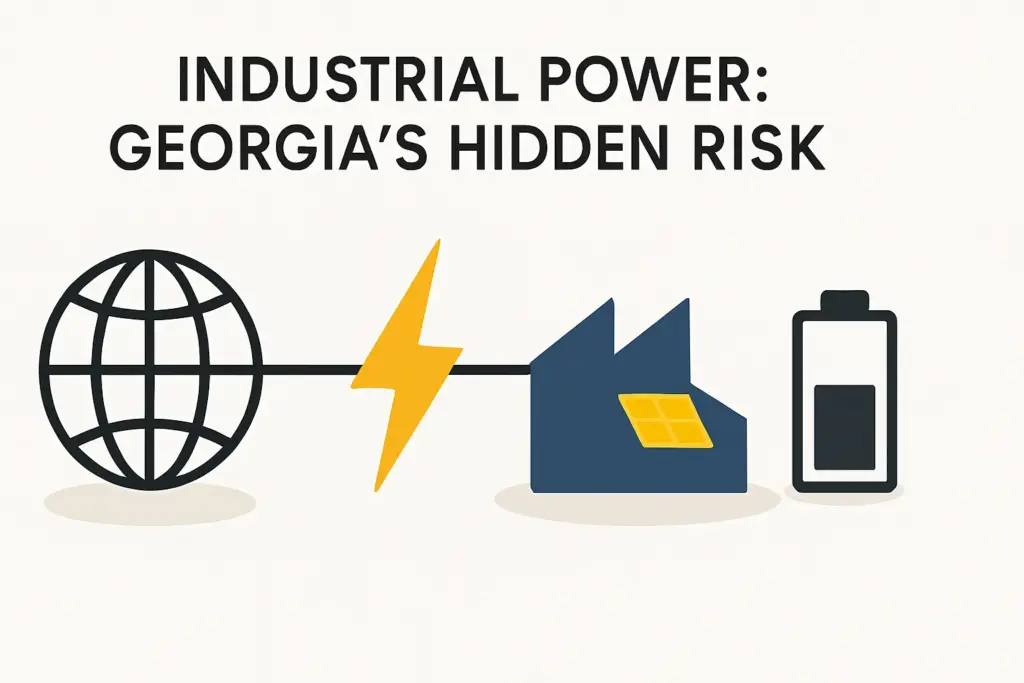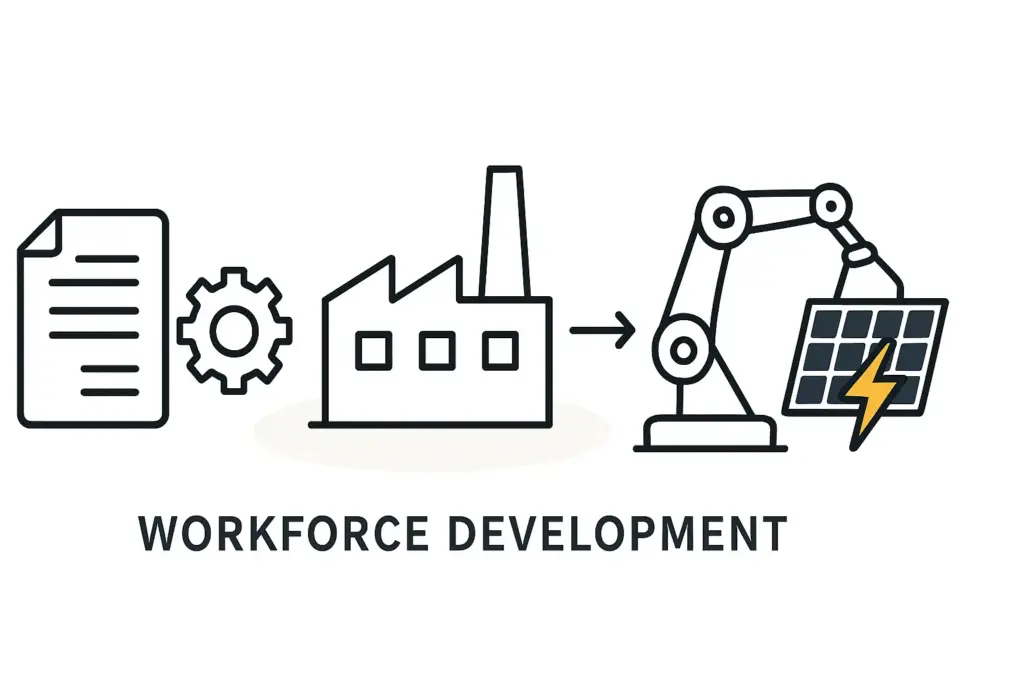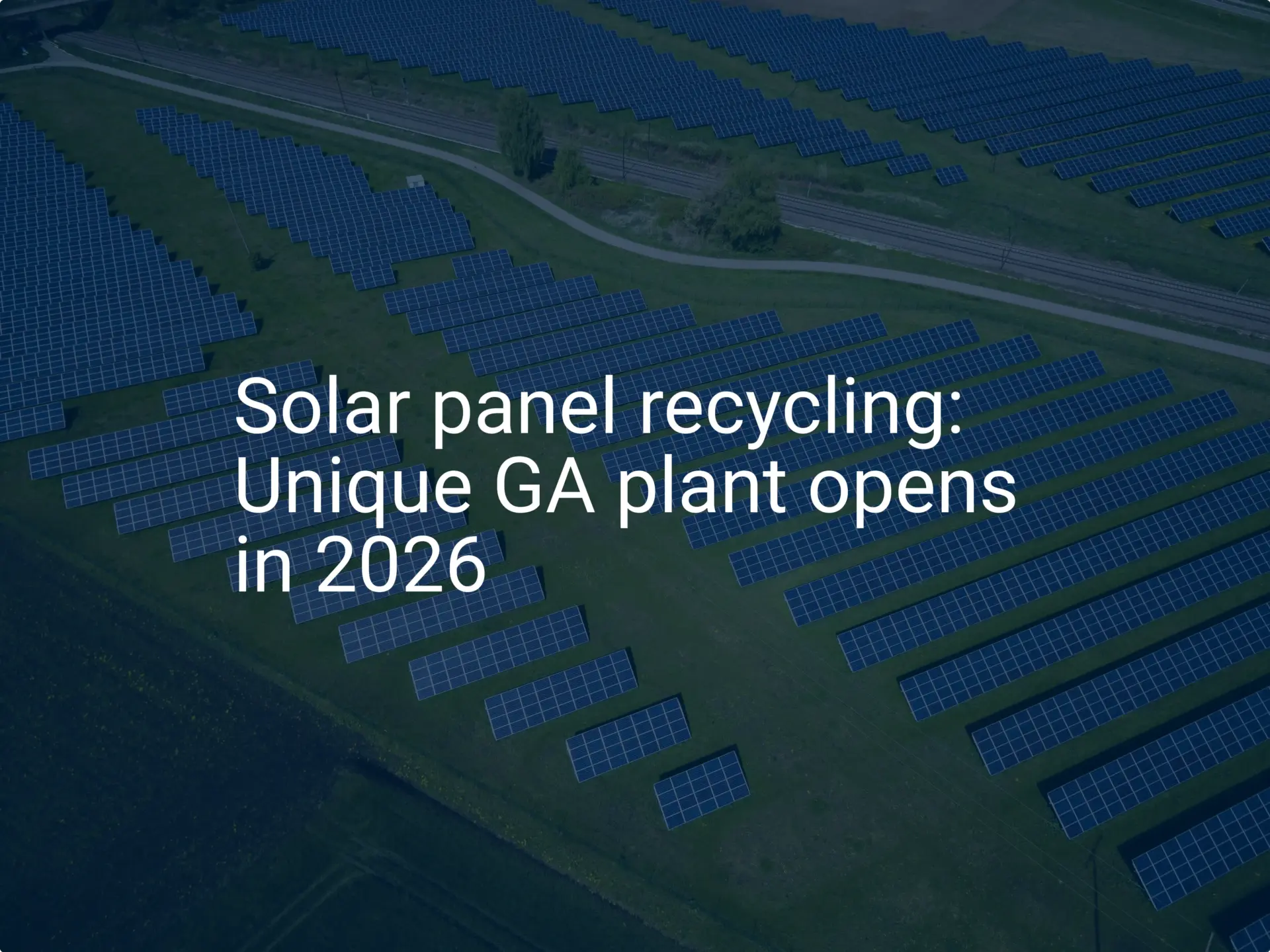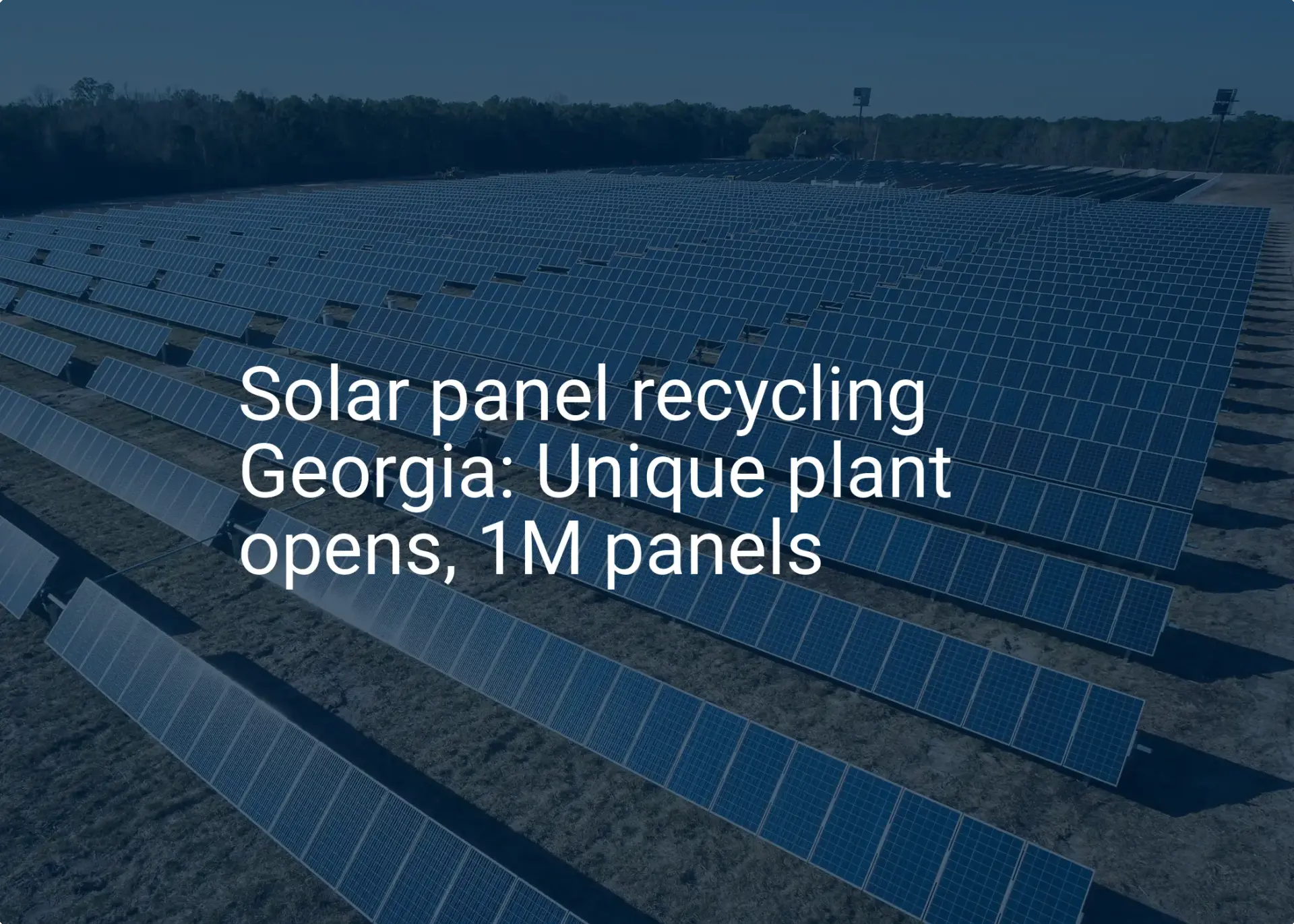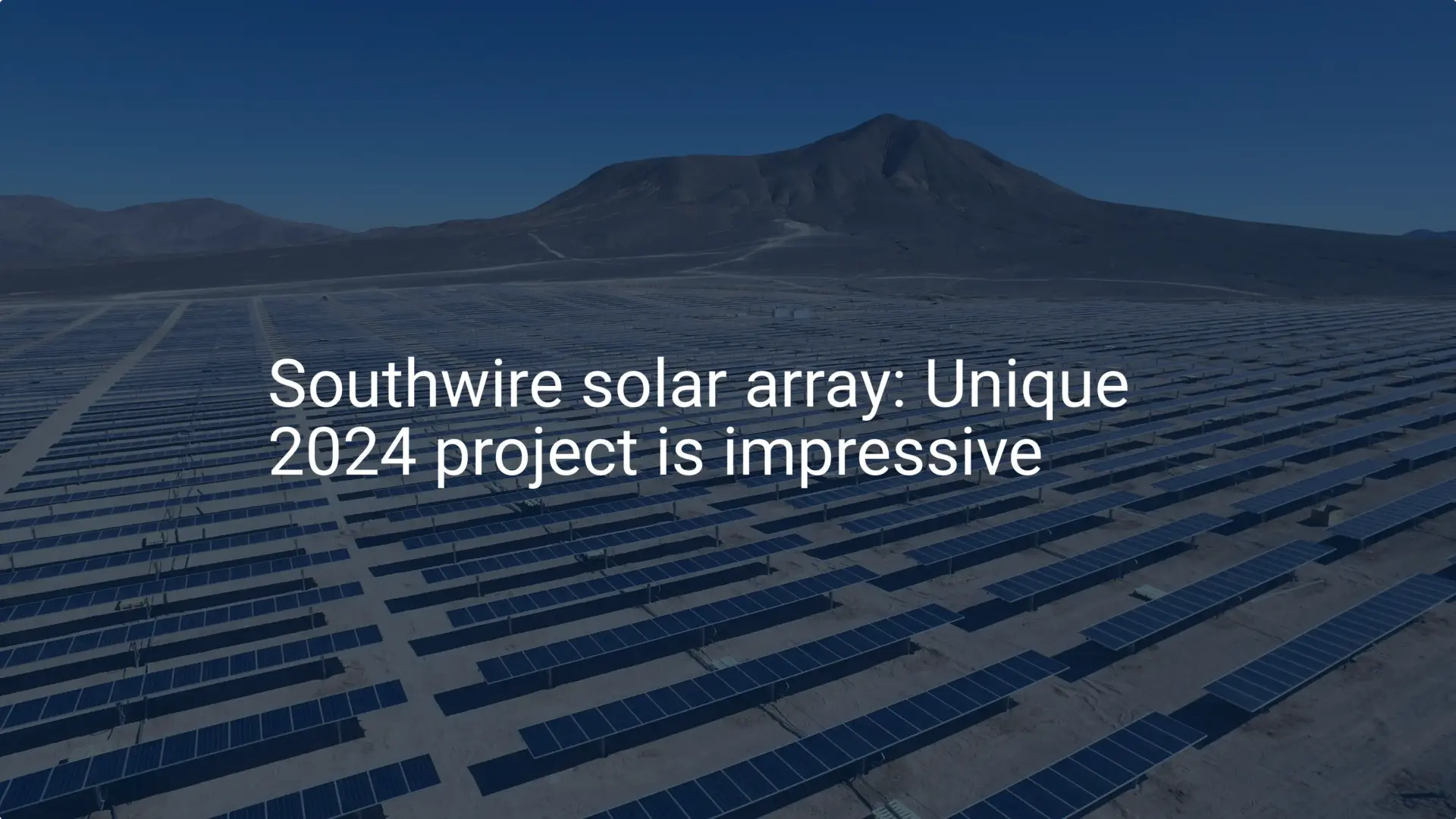Gain comprehensive insights into the statistics and metrics surrounding the solar production industry in Georgia
- Climate Top (n.d.). Sunshine & Daylight Hours in Tbilisi, Georgia. Retrieved January 21, 2025, from https://www.climate.top/georgia/sunlight/
- International Energy Agency (IEA) (2023, March). Georgia energy profile. Retrieved January 21, 2025, from https://www.iea.org/reports/georgia-energy-profile/energy-security
- Energo-Pro Georgia (n.d.). Electricity distribution tariffs of JSC “Energo-Pro Georgia”. Retrieved January 21, 2025, from https://www.energo-pro.ge/en/service/electricity-tariff/23
- Georgia Power (2024, July 3). Georgia Power strengthens reliability for customers, marks high performance in 2023. Retrieved January 21, 2025, from https://www.georgiapower.com/company/news-hub/press-releases/georgia-power-strengthens-reliability-for-customers,-marks-high-performance-in-2023.html
- International Renewable Energy Agency (2024). Renewable energy statistics 2024. Retrieved January 21, 2025, from https://www.irena.org/-/media/Files/IRENA/Agency/Publication/2024/Jul/IRENA_Renewable_Energy_Statistics_2024.pdf
- TBC Capital (2023, June 21). Georgian renewables: Levelized cost of electricity. Retrieved January 21, 2025, from https://tbccapital.ge/en/publications/all-publications/singleview/30005841-georgian-renewables-levelized-cost-of-electricity
- Advanced Energy Technologies (2024, December 17). Energy industry in Georgia. Retrieved January 21, 2025, from https://aenert.com/countries/asia/energy-industry-in-georgia/
- Omnic (2023, February 10). OmniFactory in Georgia goes 70% Off-Grid with solar energy. Retrieved January 21, 2025, from https://www.omnic.net/news/omnifactory-in-georgia-goes-70-off-grid-with-solar-energy
- International Energy Agency (IEA) (n.d.). Energy security. Retrieved January 21, 2025, from https://www.iea.org/reports/georgia-energy-profile/energy-security
- Green Economy Financing Facility (n.d.). A few words on solar energy in Georgia. Retrieved January 21, 2025, from https://ebrdgeff.com/georgia/en/a-few-words-on-solar-energy-in-georgia/
- Investor (n.d.). Solar is taking Georgia by storm, but is the grid getting burnt by the sun? Retrieved January 21, 2025, from https://www.investor.ge/2022/01/31/solar-is-taking-georgia-by-storm-but-is-the-grid-getting-burnt-by-the-sun/
- Agenda.ge (2023, December 26). Georgian fund, Emirati energy company sign deal on “largest” solar power plant. Retrieved January 21, 2025, from https://agenda.ge/en/news/2023/5069#gsc.tab=0
- National statistics office of Georgia (2024). Wages. Retrieved January 21, 2025, from https://www.geostat.ge/en/modules/categories/39/wages
- World salaries (n.d.). Average Solar Engineer Salary in Tbilisi, Georgia for 2025. Retrieved January 21, 2025, from https://worldsalaries.com/average-solar-engineer-salary-in-tbilisi/georgia/
- Salary expert (n.d.). Solar Energy System Installer. Retrieved January 21, 2025, from https://www.salaryexpert.com/salary/job/solar-energy-system-installer/georgia/tbilisi
- World salaries (n.d.). Average Solar Thermal Technician Salary in Tbilisi, Georgia for 2025. Retrieved January 21, 2025, from https://worldsalaries.com/average-solar-thermal-technician-salary-in-tbilisi/georgia/
- Worldometers (n.d.). Georgia population. Retrieved January 21, 2025, from https://www.worldometers.info/world-population/georgia-population/
- Cushman & Wakefield (2021). Georgia Industrial 2021. Retrieved January 21, 2025, from https://cushwake.ge/storage/files/doc/Industrial%20Snapshot_2021.pdf
- Georgian Water and Power (n.d.). Rates and tariffs. Retrieved January 21, 2025, from https://www.gwp.ge/en/prices
- Ss.ge (n.d.). Commercial properties for rent in Tbilisi. Retrieved January 21, 2025, from https://home.ss.ge/en/real-estate/l/Commercial-Real-Estate/For-Rent?cityIdList=95&page=1
- Statista (2024, September). Non-life insurances – Georgia. Retrieved January 21, 2025, from https://www.statista.com/outlook/fmo/insurances/non-life-insurances/georgia
- Energy Community (2023, November 1). Georgia – Annual Implementation Report. Retrieved January 21, 2025, from https://www.energy-community.org/dam/jcr:22372b74-4b00-406e-9c6b-34bacc595694/EnC_IR2023_Georgia.pdf
- The World Bank (n.d.). Georgia energy efficiency policy note. Retrieved January 21, 2025, from https://documents1.worldbank.org/curated/en/728011616751921724/pdf/Georgia-Energy-Efficiency-Policy-Note.pdf
- Climate change laws (2020). Law of Georgia on Energy Efficiency. Retrieved January 21, 2025, from https://climate-laws.org/document/law-of-georgia-on-energy-efficiency_4d9e
- Climate change laws (2020). Law of Georgia on energy efficiency of buildings. Retrieved January 21, 2025, from https://climate-laws.org/document/law-of-georgia-on-energy-efficiency-of-buildings_5009
- European Bank for Reconstruction and Development (EBRD) (2018). Georgia tackles energy efficiency challenge with national action plan. Retrieved January 21, 2025, from https://www.ebrd.com/documents/comms-and-bis/law-in-transition-2018-georgia-tackles.pdf
- Heinrich Boll Stiftung (2020, July). Solar energy in Georgia: problems, challenges and necessary steps to undertake. Retrieved January 21, 2025, from https://ge.boell.org/sites/default/files/2020-07/Solar%20systems%20in%20Georgia_Mariam%20Devidze.pdf
- Winrock International (2008, February). Renewable energy potential in Georgia and the policy options for its utilization. Retrieved January 21, 2025, from https://weg.ge/sites/default/files/renewable_energy1.pdf
- Rural Development Agency (2022). Green Grant Program. Retrieved January 21, 2025, from https://www.rda.gov.ge/en/programs/255374-mtsvane-sagranto-programa
- Agenda.ge (2019, July 26). Solar power systems to be installed in 87 Georgian villages without electricity. Retrieved January 21, 2025, from https://agenda.ge/en/news/2019/2036#gsc.tab=0
- Agenda.ge (2024, September 1). Solar power plant to be built in Georgia’s Kaspi municipality. Retrieved January 21, 2025, from https://agenda.ge/en/news/2024/40349#gsc.tab=0
- Power Technology (2024, October 21). Power plant profile: Masdar GEDF Solar PV Park, Georgia. Retrieved January 21, 2025, from https://www.power-technology.com/data-insights/power-plant-profile-masdar-gedf-solar-pv-park-georgia/
- Next Energy (n.d.). Project Pipeline. Retrieved January 21, 2025, from https://nextenergy.ge/#about





